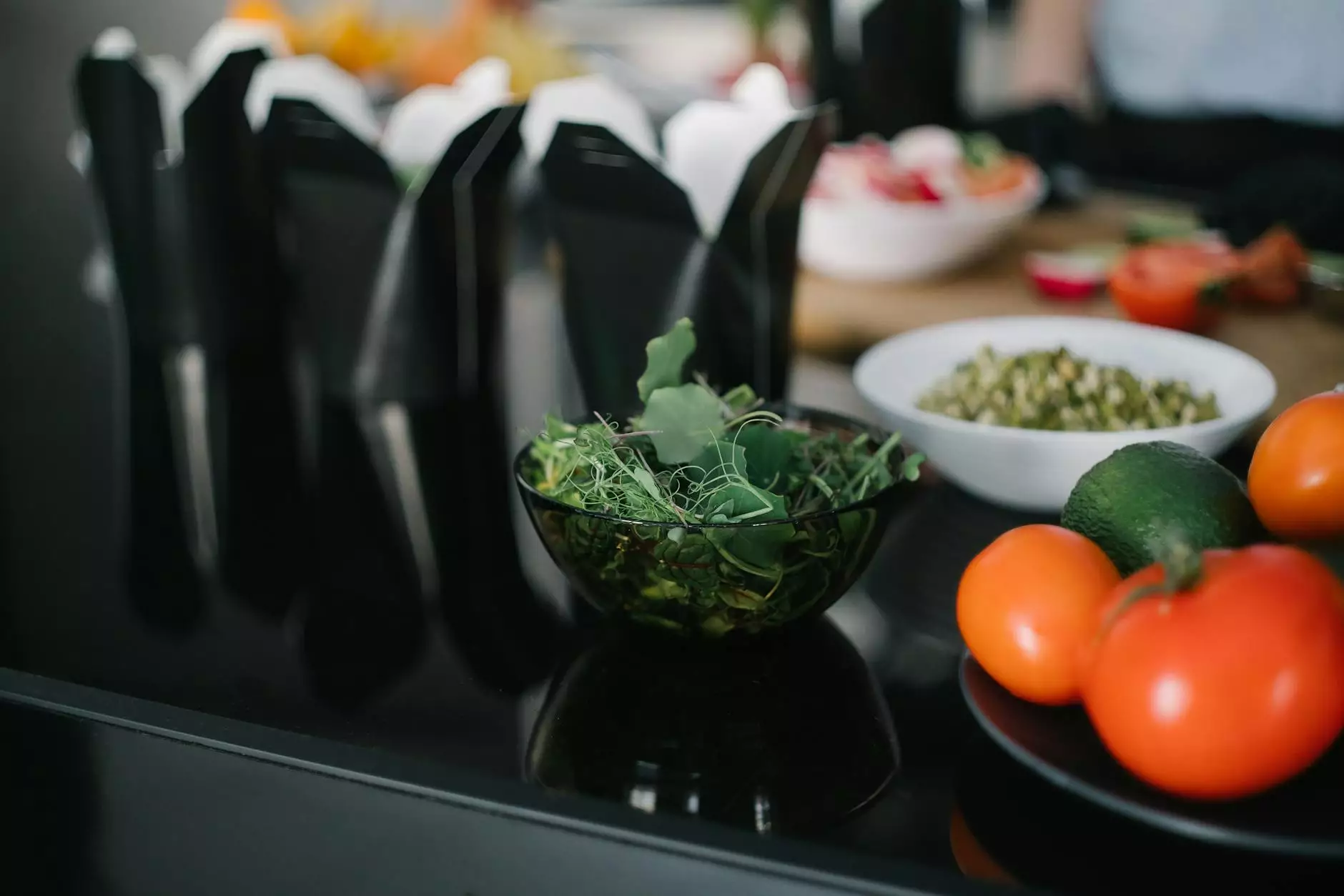Understanding Vegetable Carton: A Comprehensive Guide for Businesses

Vegetable carton packaging is not just a functional necessity; it has become a vital aspect of the modern business landscape. With the growing emphasis on sustainability and efficiency, businesses are recognizing the value of high-quality packaging solutions. This article delves deeply into the significance of vegetable cartons, exploring their uses, benefits, and impact on various industries, including department stores, shopping, and fashion sectors.
The Significance of Vegetable Cartons in Business Operations
Packaging plays an essential role in how products are perceived and managed. For businesses involved in selling perishable goods like vegetables, the choice of packaging can affect not only the product's shelf life but also its marketability. Here’s why vegetable cartons are crucial:
- Protection: Vegetable cartons provide an effective barrier against physical damage and external contaminants during transportation.
- Preservation: They help in maintaining the freshness of vegetables by allowing air circulation while protecting against moisture.
- Branding: Customized cartons enhance brand visibility and recognition, influencing customer purchasing decisions.
- Sustainability: Eco-friendly materials used in cartons can significantly reduce a business's carbon footprint.
Materials Used in Vegetable Cartons
The choice of material for vegetable cartons greatly impacts their performance and environmental footprint. Here are some common materials:
- Cardboard: Lightweight, sturdy, and easily recyclable, cardboard is a popular choice for its affordability and versatility.
- Plastic: While plastics offer durability and moisture resistance, their environmental impact is a growing concern. However, innovations in biodegradable plastics are emerging.
- Wooden Cartons: Often used for premium products, wooden cartons provide excellent protection but can be heavier and more costly.
- Biodegradable Options: These options are becoming increasingly popular as consumers demand more sustainable packaging solutions. Materials like plant fibers are gaining traction.
Benefits of Using Vegetable Cartons for Businesses
Investing in quality vegetable cartons can yield tremendous benefits for businesses, ranging from enhanced logistics to improved customer experiences.
1. Enhanced Logistics and Supply Chain Efficiency
Efficient logistics are the backbone of any successful business. Vegetable cartons streamline the supply chain by:
- Optimizing Space: Well-designed cartons maximize storage and transportation space, leading to reduced shipping costs.
- Improving Handling: Vegetable cartons designed for easy stacking and handling can minimize labor costs and handling errors.
2. Improved Customer Satisfaction
Customer satisfaction is directly linked to how products are packaged. Customers appreciate:
- Freshness: Properly packaged vegetables maintain better quality, leading to happier customers.
- Aesthetic Appeal: Attractive designs and branding on vegetable cartons can enhance the shopping experience.
3. Environmental Responsibility
Today’s consumers are more aware than ever of environmental issues. Using recyclable or biodegradable vegetable cartons can:
- Attract Eco-Conscious Consumers: Brands that adopt sustainable practices often gain a competitive edge.
- Reduce Waste: Utilizing recyclable materials lessens landfill contributions and promotes a circular economy.
Trends in Vegetable Carton Design and Innovation
The packaging industry is constantly evolving, with creative designs and materials emerging regularly. Here are some trends shaping the future of vegetable cartons:
- Smart Packaging: Incorporating technology such as QR codes to provide information about the product’s origin and handling.
- Minimalistic Designs: Simple and eco-friendly designs are trending as companies seek to convey transparency and sustainability.
- Modular Cartons: These are designed to be easily reconfigured, allowing for flexible storage and transportation methods.
- Active Packaging: Innovations such as ethylene-absorbing materials that extend the shelf life of produce directly influence the quality of vegetables.
How to Choose the Right Vegetable Cartons for Your Business
Selecting the appropriate vegetable carton requires consideration of various factors to meet business requirements effectively:
1. Assess Your Product Needs
Understanding the type of vegetables you are transporting will guide your choice:
- Frequency of Shipping: If shipments are frequent, robust yet lightweight cartons are preferable to reduce shipping costs.
- Fragility of the Product: More delicate vegetables need protective packaging to avoid damage.
2. Consider Sustainable Options
With a growing shift towards sustainability, consider:
- Materials: Opt for recyclable or biodegradable materials that align with environmental goals.
- Supplier Practices: Work with suppliers who prioritize sustainability in their processes.
3. Analyze Cost and Quality
Quality should never be compromised for cost; however, consider both:
- Bulk Purchasing: Look for suppliers who provide discounts for bulk orders.
- Long-Term Relationships: Establish a reliable supplier relationship that considers both quality and cost.
Conclusion: The Future of Vegetable Cartons in Business
As we move forward in a world increasingly focused on sustainability, efficiency, and consumer experience, the role of vegetable cartons will only grow in importance. Businesses that embrace innovative packaging solutions, prioritize environmental responsibility, and focus on enhancing consumer satisfaction through quality packaging will undoubtedly lead the market. The future is bright for those who recognize the value of effective packaging, making vegetable cartons not just a necessity, but a strategic asset in the modern business landscape.
For more information about high-quality vegetable cartons and their benefits for your business, visit tuigiaygiare.net.









